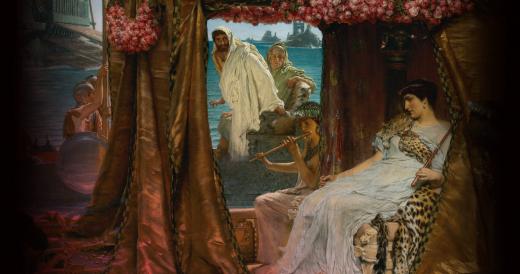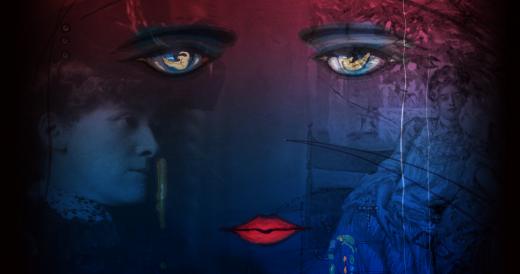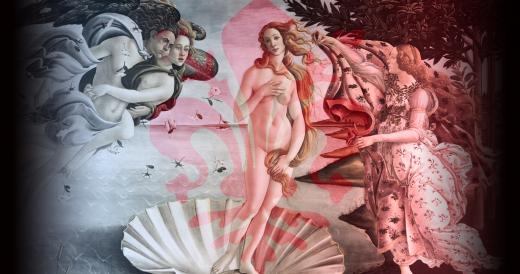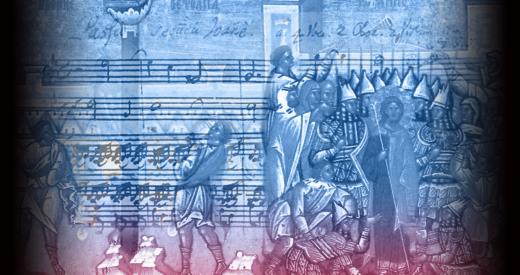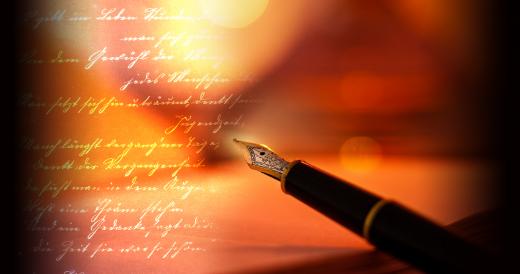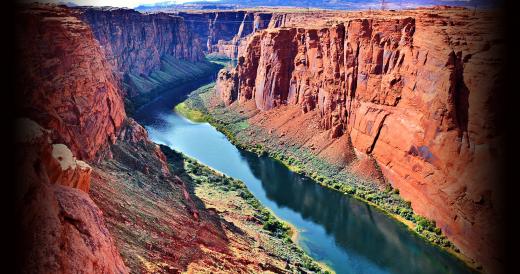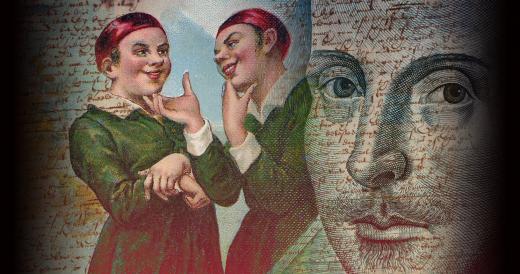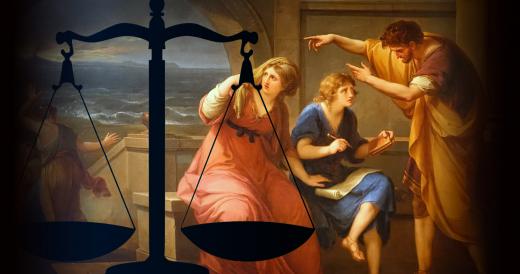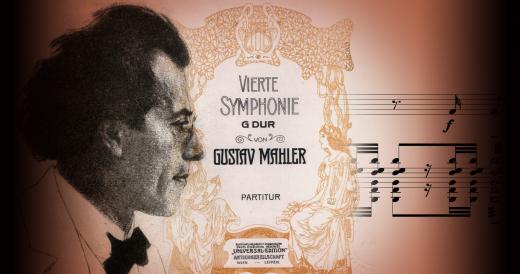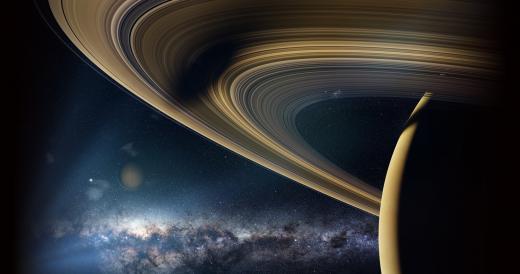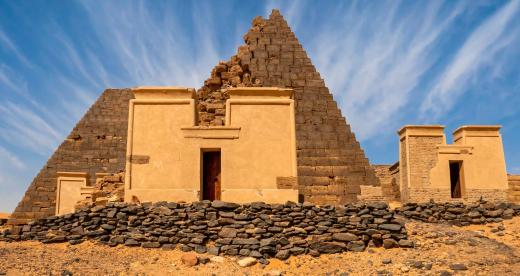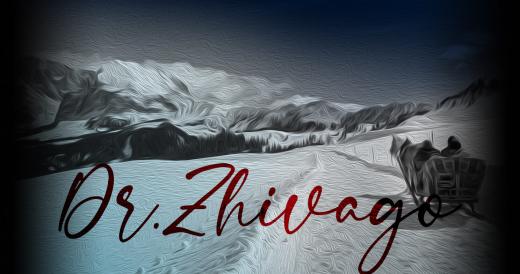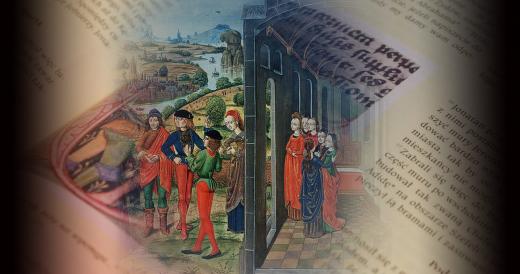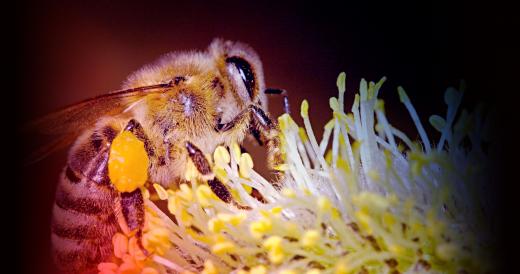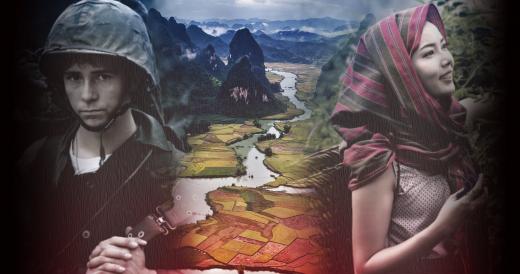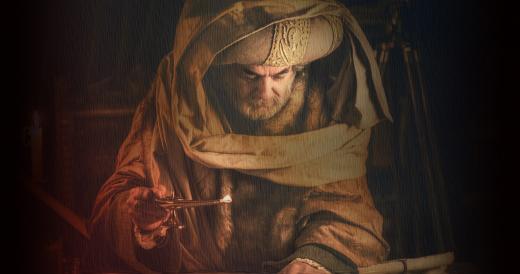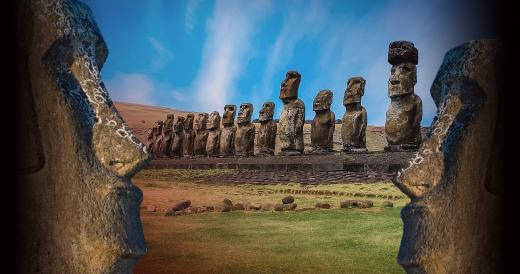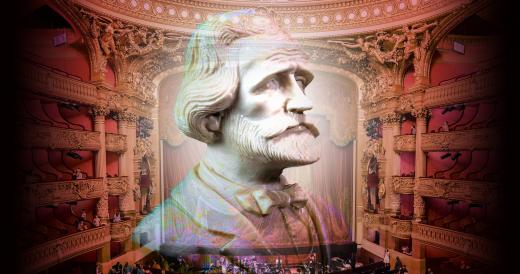Course Archive
Spring 2024
Daniel Engeljohn
Thursdays
2 PM - 4 PM
Mar 14
Food is essential for living. What and how much food is consumed impacts both quality and longevity of life. For some people, knowing where and how the source of their food was raised and harvested impacts that person’s ethical and moral beliefs. On the other hand, food manufacturers are economically motivated to entice consumers to select their product over that of a competitor. How one food manufacturer labels their product becomes a primary deciding factor, often more so than cost, of what gets purchased and consumed.
Regulations and policies associated with the labeling of food are...
Alison Futrell
Wednesdays
6 PM - 8 PM
Mar 13
This course focuses on Cleopatra VII (69-30 BCE), the far-famed last ruler of Ptolemaic Egypt and a key powerbroker during a period of important political change. Her legacy in the western world emphasizes her actions as a “romantic” agent, a deployer of “feminine wiles”, a hostile representation drawn by her opponents. A broader examination of Cleopatra's context demonstrates her connections to a number of dynamic royal women in the Hellenistic world, all image-makers in their own right, wielding female authority and patronage in a cosmopolitan, multicultural world. This course will sift...
Charles Scruggs
Tuesdays
10AM - 12PM
Mar 12
fter Fitzgerald sent a copy of The Great Gatsby to Wharton, she wrote him back, saying that his was the fiction of the future, hers “the literary equivalent of gas chandeliers.” Although Wharton saw herself as an American Victorian as opposed to Fitzgerald the “Modernist,” they connected as writers in more ways than one. According to Wharton’s biographer, Fitzgerald “revered” Wharton because she anticipated so many of his own themes about money and social class.
This course will begin with Wharton’s The Age of Innocence and Fitzgerald’s This Side of Paradise, both published in 1920....
Richard Poss
Fridays
10AM - 12PM
Feb 2
This humanities seminar (2-hour, 10-week) is an examination of the art, architecture, sculpture, literature and history of the republic of Florence during its period of greatest importance to world history. We will begin by examining the first glimmerings in the frescoes of Giotto, the literary works of Petrarch and Boccaccio, the sculptural work of Donatello and Ghiberti, and the architecture and engineering of Brunelleschi. We will study the dynamics of the court of Lorenzo de’Medici, including Poliziano, Marsilio Ficino, Pico della Mirandola, and Botticelli.
As artistic experimentation...
Bruce Chamberlain
Thursdays
10AM - 12PM
Feb 1
The two extant passion settings by J.S. Bach continue to move audiences of all faiths as profound artistic expressions and rank as some of the most poignant musical compositions ever written. Holy Week of 2024 celebrates the 300th anniversary of the first time that the Leipzig congregants heard the ST. JOHN PASSION, changing the scope and magnitude of Passion composition forever. This four-session course will examine the history and development of Passion genre from its earliest liturgical responsorial expressions to the monumental Oratorio- Passion structures of Bach’s St. John and St....
Tyler Meier
Mondays
10AM - 12PM
Jan 29
In this course, we’ll explore the work of four writers contemporary to each other, week by week: Larry Levis, Carl Phillips, Ada Limón and Brigit Pegeen Kelly. We’ll spend time together learning about what makes them the celebrated writers they are—what formal choices they might be making on the page, and how their unique styles as poets create a singular quality to their work. Each course session will have a short orienting lecture, and the balance of the time will be more conversational in nature, following student feedback and questions arising from the course reading. In surveying...
Karl Flessa
Thursdays
2 PM - 4 PM
Jan 25
One hundred and one years since the signing of the Colorado River Compact, 24 years into a mega-drought, and two years away from new guidelines on sharing the waters, it’s time to take a close look at the past, present, and future of the Colorado River. Where does the water come from, and where does it go? What are the effects of climate change on the river? Whose priorities - tribes, nature, farms, cities, states, countries - supersede the others? Who decides? In this course we will examine all of these important questions and more.
This course is an updated version of one first offered by...
Peter Medine
Wednesdays
2 PM - 4 PM
Jan 24
Concentrating on five of Shakespeare’s comedies, this seminar will inquire into the ways in which Shakespeare’s development of comedy’s distinctive theme of romantic love enabled him to explore a range of issues. These include hetero- and homosexual love, parent-child relationships, as well as broader political concerns. Essential to the endeavor will be the analysis of character, language, and plot. The ultimate aim will be to deepen our sense of the richness and variety of comedy as Shakespeare wrote it. It was the dramatic form he turned to more often than any other.
John Bauschatz
Wednesdays
10AM - 12PM
Jan 24
This course explores the history of criminal justice systems in the ancient Mediterranean through close examination of select primary sources. Its primary focus is Greece and Rome, but it will also cover Pharaonic Egypt and the Ancient Near East. We shall move chronologically, geographically, and topically, treating a broad range of literary and archaeological evidence. Law codes from Mesopotamia, tomb robbery in the Egyptian New Kingdom, the trial and execution of Socrates, police in the provinces of Rome, execution by gladiator, spiritual and allegorical punishment: the course encompasses...
Matthew Mugmon
Tuesdays
2 PM - 4 PM
Jan 23
The monumental symphonies of Gustav Mahler (1860–1911), which have captivated and challenged musicians and audiences for more than a hundred years, stand as landmark works of the late-19th and early-20th centuries. In each of the unique works, Mahler drew heavily on the established Romantic musical tradition but also expanded the landscape of the symphony as a musical genre in unprecedented ways. Primarily through lectures and listening to recordings of excerpts, we will explore all ten of Mahler’s completed symphonies (including Das Lied von der Erde) to consider their compositional...
Chris Impey
Tuesdays
10AM - 12PM
Jan 23
How are astronomers approaching their search for life in the universe? What have we learned from the surge of exoplanets discoveries? How likely is it that Earth does not host the only life in the Universe? In this course we explore the field of astrobiology, an emerging multidisciplinary field. Progress in astrobiology is driven by telescopes on the ground and in space, and by new insights on how biology emerged on Earth and its diversity. The first detection of life beyond Earth might happen in the Solar System or by seeing biology’s alteration of an exoplanet’s atmosphere. A longshot...
Fall 2023
Pearce Paul Creasman
Mondays
9 AM - 11 AM
Nov 6 to Dec 4
This course will examine the little-known "silent partner" to ancient Egypt's grandeur: Nubia. The source of technologies, raw goods (e.g., gold), mercenaries, and considerable interconnections, Nubia shaped ancient Egypt far more extensively than is generally understood. Meanwhile, Nubia supported several powerful, independent, millennia-long kingdoms of its own, called the Kerma culture and the kingdom of Kush. Across five lectures, organized chronologically, we will explore the sites most critical to the development of ancient Nubian civilizations, focusing on the most spectacular...
Adele Barker
Wednesdays
1 PM - 3 PM
Nov 1
Russia has never gotten Pasternak's Dr. Zhivago out of its system. This course will take us deep into the most controversial novel written during the Soviet era. Tolstoyan in its sweep, Dr. Zhivago is a stunning indictment of the system that attempted to engineer human life and an equally stunning meditation on the power of art to survive turbulent times. Pasternak was, above all, a poet. Dr. Zhivago was the only novel he ever wrote, and as such, we will be reading the prose of a poet. We will look at the poetic tradition to which Pasternak belonged, as well as the Zhivago poems that are key...
Greg Sakall
Wednesdays
6 PM - 8 PM
Nov 1 to Dec 6
This course continues the exploration of the United States Supreme Court and its role in deciding fundamental social questions. After an introductory class on the Court, we will focus on landmark cases involving race in education, abortion, Second Amendment, and election law. Readings will include edited versions of the Court's opinions. The final class will preview the Court's 2023-2024 term. Students will develop a deeper understanding of the Court's power, function, and role as part of the larger government and appreciate whether and when we should accede to the Court's interpretation of...
Albrecht Classen
Tuesdays
10AM - 12PM
Oct 31 to Dec 12
This exciting seminar will look into the history of literature through the lens of the Middle Ages. We constantly encounter medieval masterpieces that continue to influence literature today. These works are robust and often express fundamental human concerns, values, and ideals. Through this, the masterpieces highlight shortcomings, conflicts, and problems of human existence. This seminar will spend some time examining some well-known narratives, such as Beowulf and Boccaccio. In addition to the more famous works, we will also look at many often-ignored literary gems, such as the Song of...
Judith Bronstein
Fridays
10AM - 12PM
Sep 29 to Oct 27
All organisms reproduce – among them, plants reproduce in the most diverse ways. In some plant species, all individuals are the same sex; some have two sexes, and others have three or even four sexes. Reproduction occurs via flowers ranging from the size of a pinhead to that of a toddler. Some plants make flowers, then fertilize only themselves. Most, however, require pollen to be moved between flowers, a feat accomplished by wind, water, and animals, including insects, fish, birds, and mammals. Studies of pollination reveal how species interactions weave together entire ecosystems. However,...
Thomas P. Miller
Thursdays
10AM - 12PM
Sep 28 to Dec 7
We will look back over the half-century since the U.S. withdrawal from Vietnam to consider its impact on three groups: the veterans who fought there, the Vietnamese people who fled to the U.S., and those who were radicalized by the war on the left and right. The experiences of Vietnam veterans were unlike those who had fought uniformed enemies and were welcomed home by a grateful public. Since the fall of South Vietnam, 1.4 million Vietnamese have immigrated to the U.S. The rise of immigration since the 70s fueled the distrust of the government that shaped the rise of the New Right and the...
Scott Lucas
Wednesdays
10AM - 12PM
Sep 27 to Dec 6
Over the past 1,400 years, numerous Muslims have contributed to the rich intellectual traditions of Islam. These thinkers explored theology, philosophy, mysticism, and science. Yet few of them are known today by educated Americans. This seminar aims to introduce a range of sophisticated Muslim thinkers from the first seven centuries of Islam in the region known today as the Middle East and North Africa. Seminarians will have the chance to read selections in the translation of these thinkers' writings, along with selected secondary works, to facilitate an appreciation for the diversity and...
Terry Hunt
Mondays
2 PM - 4 PM
Sep 25 to Oct 30
This seminar will critically examine what we know about Rapa Nui's spectacular archaeological history. Over the past two decades, intensive multi-disciplinary research led by the instructor has dramatically transformed our understanding of this remarkable and often misunderstood island. This course reviews the evidence for Polynesian migrations and ancient American connections. We will examine Rapa Nui archaeology in detail, including how the massive statues (moai) were transported to every part of the island. And how did they place multi-ton "hats" (pukao) atop the giant statues? We consider...
Jay Rosenblatt
Mondays
10AM - 12PM
Sep 25 to Oct 30
The year 2023 commemorates the 210th anniversary of the birth of Giuseppe Verdi (1813–1901), and in this course, we consider his achievements as an opera composer. An overview of Verdi's life and career takes up the initial class session, including the musical influence on Verdi's earliest works by his most important predecessors (Rossini, Bellini, and Donizetti). The following sessions discuss each of Verdi's operas in chronological order, with the final session devoted to Verdi's last two operas, "Otello" and "Falstaff," delving deeply into the music as well as the intimate relationship...



